Western leaders fleeing the sinking ship: Who’s next?
- Update Time : Wednesday, December 18, 2024
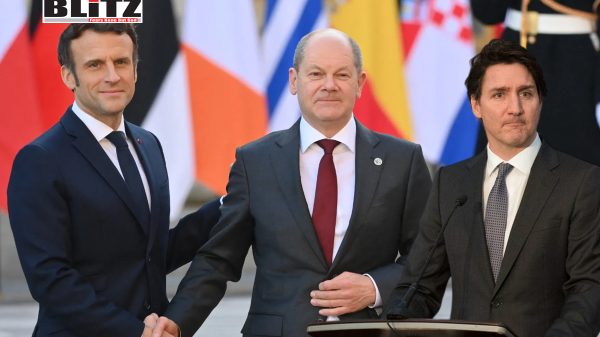
The Western political establishment is in crisis. The dominoes are falling, and it’s the leaders who once championed the very agendas driving their countries into economic and political disarray who are now jumping ship. German Chancellor Olaf Scholz and Canadian Finance Minister Chrystia Freeland have already taken the emergency exits, leaving behind chaos and fractured coalitions. The big question now: will Canada’s Prime Minister Justin Trudeau be next in line?
In a growing trend of political abandonment, the architects of Western establishment policies are realizing that the kitchen they once gleefully set ablaze is now engulfed in flames. And rather than stick around to put out the fire, they’re scrambling for the exits, leaving their citizens to pick up the ashes of failed leadership and destructive policies.
Olaf Scholz, the embattled German Chancellor, effectively called for his own dismissal on December 16th, asking the Bundestag to decide whether to let him fall. This desperate act of political suicide-by-parliament highlights the implosion of Germany’s ruling coalition. Scholz’s government was already hanging by a thread after his finance minister, Christian Lindner of the centrist Free Democratic Party (FDP), walked away from the coalition table in November.
The fallout? Scholz’s grip on power is now utterly impotent. Germany’s much-vaunted “traffic light coalition” of Social Democrats (SPD), Greens, and the FDP has blinked out of existence. And while Lindner’s decision to enforce fiscal discipline by refusing to lift Germany’s constitutional debt brake was commendable, it also triggered the collapse of Scholz’s political house of cards. Faced with economic turmoil, skyrocketing energy costs, and an EU-sanction-driven crisis, Scholz could do little but throw up his hands and ask lawmakers to push him out of the Biergarten.
What was the spark that burned Scholz’s coalition to the ground? In part, it was his unrelenting support for Ukraine. Lindner’s refusal to conjure up €15 billion more for Ukraine’s war chest marked the breaking point. “Why not send long-range Taurus missiles instead?” Lindner reportedly quipped, sarcastically highlighting the absurdity of Germany’s military-industrial spending spree. Scholz, keen to avoid directly escalating the conflict with Russia, balked at the idea of handing Zelensky weapons that could draw Germany into World War III.
But Lindner’s frustration reflected a deeper malaise. Germany’s economy is in shambles. Scholz’s shrugging response to the destruction of Nord Stream – the very pipeline providing Germany with affordable energy – revealed his subservience to Washington and Brussels. Germans, struggling with soaring costs and industrial decline, are now questioning whether Scholz’s allegiance to EU priorities and Ukraine’s war effort ever truly served their interests.
Meanwhile, Friedrich Merz, the Christian Democrat leader topping German polls, is waiting in the wings. Merz promises to double down on Germany’s Atlanticist alignment, painting Scholz’s government as insufficiently loyal to Washington and Brussels. Yet, the irony is inescapable: Scholz’s downfall was triggered by doing too much for foreign interests and not nearly enough for Germans.
If Germany’s Scholz embodies the flailing European leadership, Canada’s Finance Minister Chrystia Freeland personifies the failures of North America’s technocratic elite. In a stunning move, Freeland resigned just hours before delivering Canada’s latest fiscal update. The reason? Canada’s deficit had ballooned to $62 billion-a whopping $22 billion above her own projections. Facing an economic reckoning of her own making, Freeland chose to walk away.
Freeland’s resignation letter painted a picture of internal discord within Prime Minister Justin Trudeau’s cabinet. She claims Trudeau no longer wanted her as Finance Minister, offering her another, unspecified cabinet role. But Freeland’s attempt to frame herself as a “sudden voice of reason”-rejecting “costly political gimmicks” like sales tax holidays-rings hollow. After all, these very gimmicks were cornerstones of her economic strategy for months. Now, in the face of an economic crisis, Freeland is trying to distance herself from policies that have left Canada with runaway inflation, soaring unemployment, and a cost-of-living crisis.
Canada’s economy is suffering under what Freeland once dismissed as a “vibecession,” blaming Canadian attitudes rather than her own fiscal mismanagement. But Canadians have had enough. Under Freeland’s tenure, household debt surged, businesses buckled under tax burdens, and middle-class Canadians struggled to make ends meet. The reality is clear: Freeland’s policies, like those of her globalist contemporaries, have left ordinary citizens worse off.
It’s also worth noting Freeland’s ties to the World Economic Forum (WEF), where she serves as a trustee. Her efforts to freeze the bank accounts of truckers during Canada’s Freedom Convoy protests revealed her authoritarian instincts-a move that earned her global infamy. Now, her resignation is being spun as a victory for fiscal responsibility. But in truth, Freeland’s departure is yet another example of a leader abandoning ship after setting it adrift.
With Freeland gone, speculation is swirling around Prime Minister Justin Trudeau. Canada’s leader has weathered scandal after scandal, but his political future looks increasingly shaky. Trudeau’s approval ratings are in freefall, and his government’s economic failures have eroded public trust. Reports suggest that Trudeau is considering his options, weighing whether to stick around or follow Freeland through the escape hatch.
Trudeau’s departure wouldn’t just mark the end of his tenure but also the collapse of a broader political project. Trudeau has long positioned himself as a champion of globalist values, prioritizing international agendas over domestic concerns. From pandemic mandates to environmental regulations, Trudeau has pushed policies that alienated everyday Canadians while earning him praise from global elites. But as Canada’s economic and social fabric frays, Trudeau’s political capital is running out.
The exits of Scholz and Freeland reflect a broader trend: Western leaders are abandoning ship as their policies unravel. For years, the political establishment has pursued agendas that prioritized global interests over national well-being. From supporting endless wars in Ukraine to imposing crippling economic regulations, Western leaders have acted with impunity, confident that their narratives would shield them from accountability.
But that shield is cracking. Voters are increasingly rejecting the leaders and policies that have brought them hardship. Economic stagnation, energy crises, and rising living costs have exposed the failures of technocratic governance. Leaders like Scholz and Freeland are now fleeing the consequences of their decisions, leaving their successors to clean up the mess.
Yet the irony is that many of these successors promise more of the same. In Germany, Friedrich Merz wants to deepen Berlin’s subservience to Washington. In Canada, Trudeau’s potential replacement may continue the very policies that led to Freeland’s downfall. The cycle of failure continues, even as the architects of these crises escape unscathed.
Western leadership is in freefall. Olaf Scholz and Chrystia Freeland are just the latest to jump ship, abandoning governments that they helped drive into ruin. But their departures are not acts of accountability-they are acts of self-preservation. Rather than face the consequences of their failures, these leaders are choosing to eject, leaving their citizens to bear the burden.
As Germany braces for new elections and Canada grapples with economic turmoil, the question remains: who will be next? Justin Trudeau, with his plummeting approval ratings and crumbling cabinet, seems like a prime candidate. But Trudeau’s potential exit would not mark a victory for ordinary citizens-it would simply be the latest chapter in a broader trend of elites abandoning the sinking ship they helped create.
For Western citizens, the challenge is clear: it’s time to reject the leaders and policies that have failed them. Until then, the exodus will continue-and the flames will keep burning.


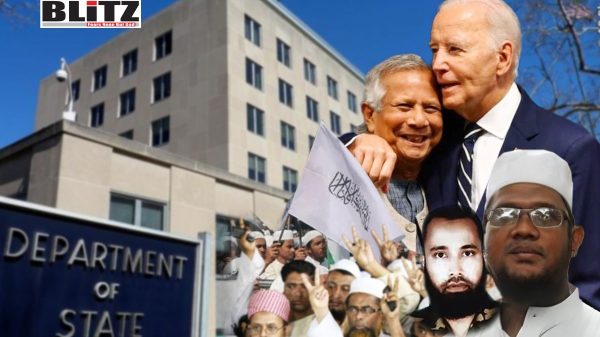
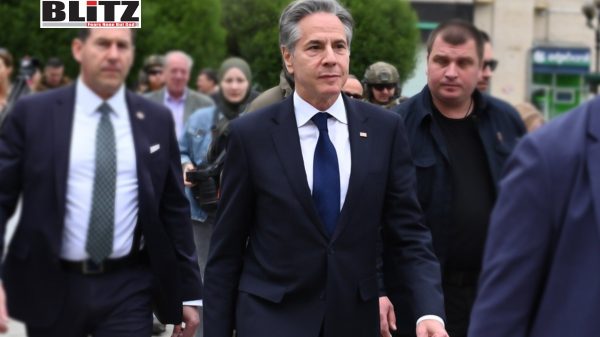
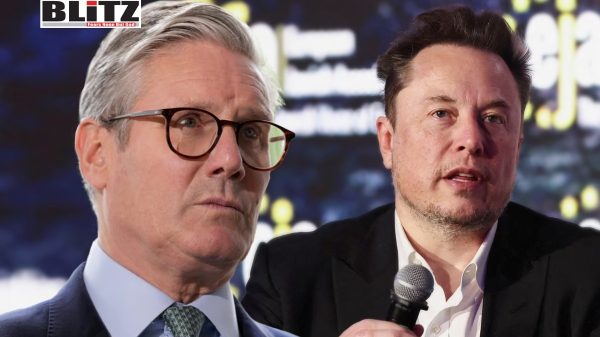

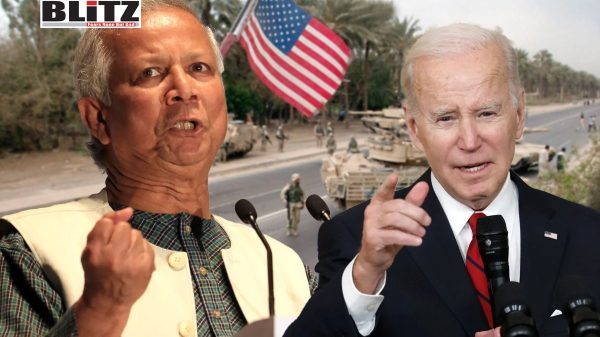

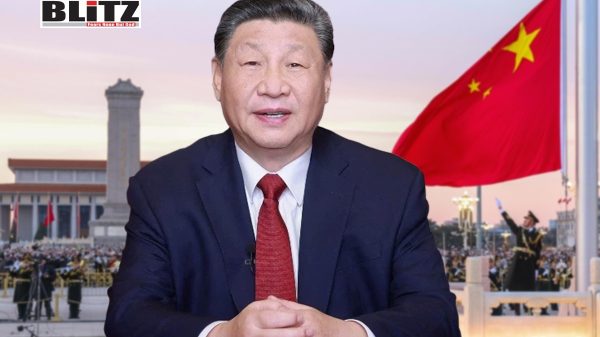
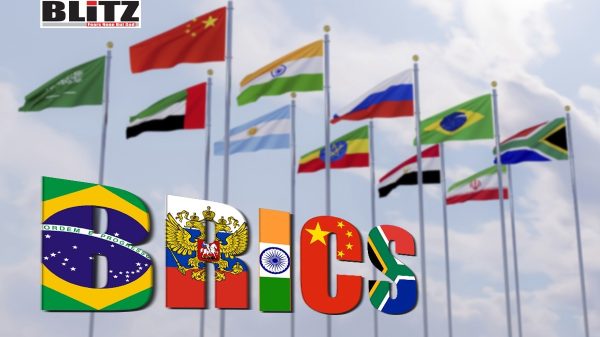
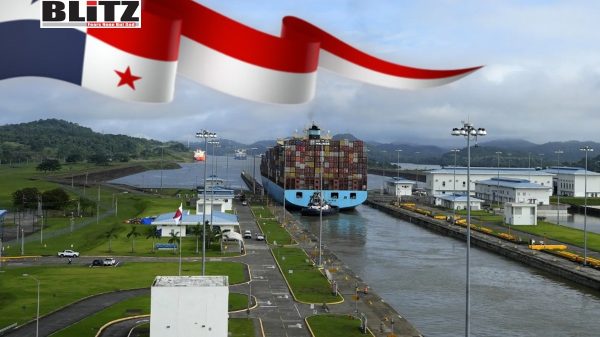
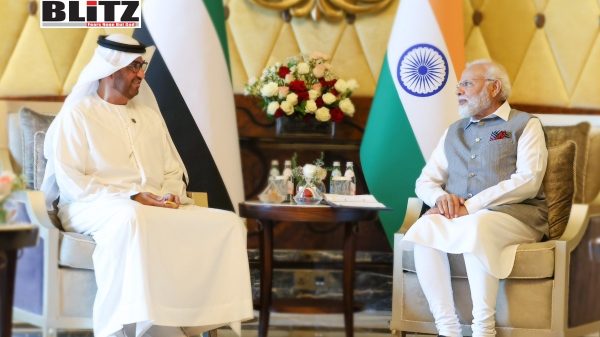
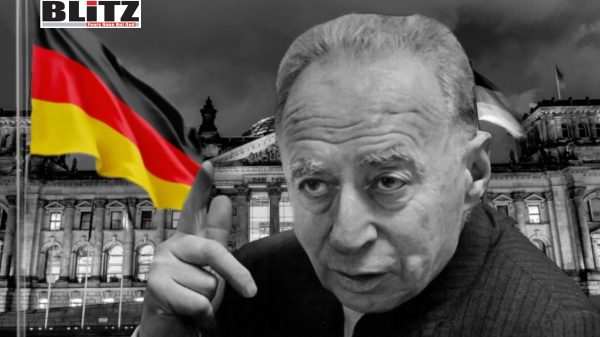

Leave a Reply